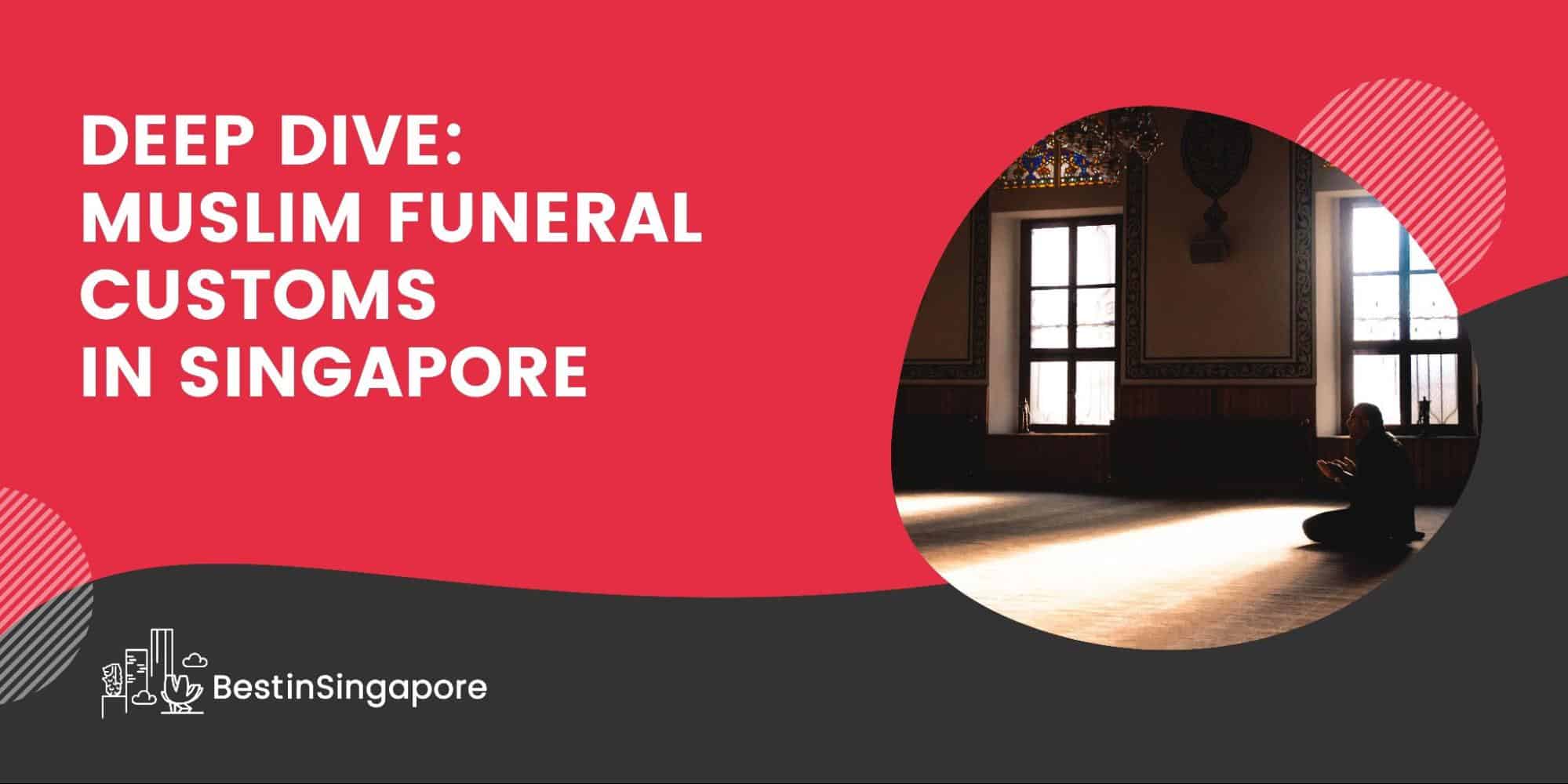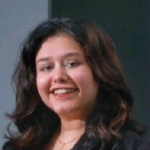Deep Dive: Muslim Funeral Customs in Singapore
Considered spiritual events, Muslim funerals are important to Muslim communities. They follow a strict set of customs that don’t leave any room for deviation.
If you’re curious about what happens during Muslim funerals, then this guide is for you. Today, we’ll take a closer look at Muslim funeral customs in Singapore and what they mean.
A General Overview of Muslim Funerals
Compared to other religions, Muslim funerals take place in a relatively short amount of time. That’s because Muslim families immediately arrange for a funeral following the passing of a person, leaving no room for wakes, visitations, and memorial services.
Once a person has passed, adult members of the family wash the deceased’s body, which is done by men for men and women for women. There are specific rules when it comes to washing the deceased, including the number of washings and the order of washing body parts.
Afterwards, the body is covered in a white sheet before being taken to a mosque.
From there, the body is placed outside the mosque facing Mecca, considered Islam’s holiest site. The attendees are arranged according to sex, with men at the front, children in the middle, and women at the back, normally.
Then, the imam leads funeral prayers, which must be practised by all members of the mosque. Not participating in the prayers is considered to be a sin for the entire Muslim community.
Meanwhile, non-Muslim guests can still attend the funeral. While they aren’t expected to participate in the prayers, they must be mindful of wearing appropriate attire to the mosque, which you can read more about in our comprehensive guide.
Once the prayers are over, the deceased is taken to the burial site where they will be buried.
Even with land scarcity in Singapore, Muslims are exempted from cremation, which is prohibited under Islamic law. Muslims can still bury the deceased, but it’s subject to a 15-year limit.
After that, the grave will be exhumed to transfer the remains to smaller plots.
Behind Muslim Beliefs about Death
Just like other religions, Muslims consider death as a transition from one state of being to another. Of course, it’s not as simple as that since the Qur’an, the sacred scripture central to Islam, elaborates on death in many ways.
To understand why Muslims follow a strict code of funeral protocols, it can be useful to be aware of how they view death and concepts behind it.
Jannah and Jahannam
Just like other religions like Christianity, Muslims believe that people who have lived virtuous lives will proceed to Jannah or paradise. According to the Qur’an, heaven has seven levels, which are made with different materials and for different purposes.
On the other hand, those who have done more bad deeds than good would end up in Jahannam or hell. It’s depicted as a place of physical and spiritual suffering.
Just like heaven, hell also has seven levels and seven gates, each of which has different forms of torments and torture. The Qur’an has graphic descriptions of hell, including the food which sinners eat and other punishments, to prevent Muslims from committing bad deeds.
Barzakh
Muslims believe in the concept of the Day of Judgment or Yawm al-Din where Allah will decide how people will spend their afterlife.
Until then, most Muslims believe that the soul of someone who has just passed will go into a state of waiting called Barzakh. It’s highly similar to the Catholic belief of purgatory.
For Muslims, Barzakh is a place that separates the dead from the “real afterlife.” Souls who enter Barzakh cannot perform good deeds to be sent to Jannah, but are rather left to contemplate on the life they lived.
Yawm al-Din
On the Day of Judgment, the Qur’an states that the angel Israfil will blow the trumpet signifying the resurrection of those who have passed from their graves. For this reason, Muslims are prohibited from practising cremation.
Everyone will be gathered on the plain of Arafat, which is a holy site near Mecca, where they’ll be given their own “book of deeds.” This book contains a person’s records of their good and bad deeds on earth.
A set of scales will be used on the Day of Judgement to determine and weigh one’s good and bad deeds.
A person whose good deeds outweigh their bad deeds will be sent to Jannah. If it’s the other way around, a person will be sent to Jahannam instead.
Still, Muslims believe that Allah is forgiving and merciful to those who have repented their sins. This is why funeral prayers are meant to seek pardon for the deceased and all dead Muslims.


